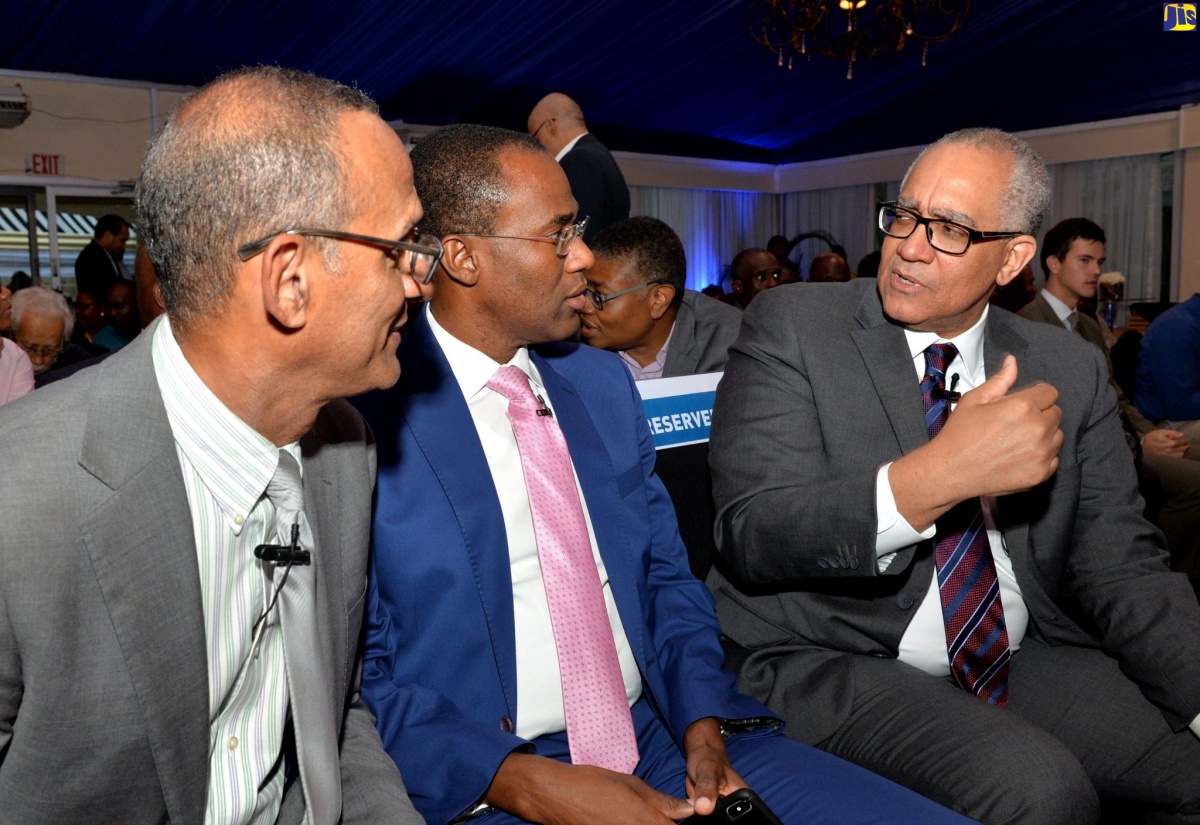Business Community Supports Central Bank Independence
By: , September 23, 2018The Key Point:
The Facts
- The proposed amendments will ensure that strong systems of accountability are in place at the BOJ in keeping with its revised mandate of pursuing and achieving low, stable and predictable inflation under the monetary policy.
- Other key reforms include measures to ensure that the tenure of board members is long enough to facilitate their own independent inputs in monetary policy proceedings, and developing sufficient expertise and capabilities to enable directors to successfully discharge their functions.
The Full Story
Finance and the Public Service Minister, Dr. the Hon. Nigel Clarke, says there is support from the business community for Government’s move to amend several laws governing the Bank of Jamaica (BOJ) operations in order to make the entity more independent.
The Cabinet-approved amendments, which are to be taken to Parliament in October, are intended to enhance the BOJ’s governance structure and ensure greater stability in the economy.
They relate to the Bank of Jamaica Act, Banking Services Act, and the Public Bodies Management and Accountability Act.
Minister Clarke said that Corporate Jamaica has welcomed the “commitment to low, stable and predictable inflation on which these reforms are based”.
“I have had the opportunity to meet with a number of businesses, associations, (including) the Jamaica Manufacturers and Exporters’ Association (JMEA) and Private Sector Organisation of Jamaica (PSOJ), financial institutions, broker dealers and those represented on the Economic Programme Oversight Committee (EPOC), who are with it,” he said.
“The reforms are designed to achieve, over the long-term, stable prices, which is the foundation on which a vibrant economy can be built… . People (must) have the knowledge and the confidence that, over the entire economic cycle, prices will remain stable as measured by inflation,” he added.
The Minister was speaking to JIS News at a public forum organised by the Caribbean Policy Research Institute (CaPRI) on the advantages and disadvantages of the Central Bank becoming an independent entity.
The event was held at the Terra Nova All-Suite Hotel in St. Andrew on September 20.
The proposed amendments will ensure that strong systems of accountability are in place at the BOJ in keeping with its revised mandate of pursuing and achieving low, stable and predictable inflation under the monetary policy.
There will be clear demarcation and assignment of roles for policy decision-making and daily management.
Importantly, the Finance Minister will no longer have the ability to give directions on monetary policy, thereby giving the Central Bank greater autonomy and making the entity operationally independent.
Existing committees will also have to be strengthened and new ones established as part of the reform process.
Other key reforms include measures to ensure that the tenure of board members is long enough to facilitate their own independent inputs in monetary policy proceedings, and developing sufficient expertise and capabilities to enable directors to successfully discharge their functions.


